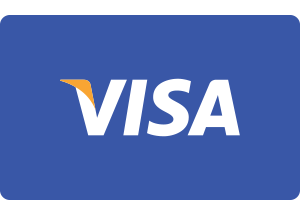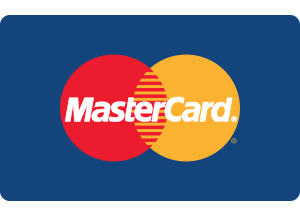Understanding Love Languages
2019-01-26

Relationships are a lifelong process where both partners will continuously learn about each other. Apart from the usual flaws, strengths, likes and dislikes; in a relationship, you will also learn about your partner’s love language.
There are five love languages: words of affirmation, physical touch, receiving gifts, quality time and acts of service. Everyone has their own set of love language, even your partner and you. Out of these five, each of you has a primary love language which speaks more deeply to you than all the others. Discovering each other’s language and speaking it regularly is the best way to keep love alive in a marriage.
There are infinite ways to express love. However, if you are not expressing it in his/her language, your partner might not be able to feel loved. This is why it is important to express love in a way that appeals to your partner’s love language, not yours.However, do keep in mind that a person’s love language will not always remain constant. Various changes and stages in life may also affect one’s love language. Similar to how a person will change as they grow, their needs, emotions and love language will morph as well. For example, before you welcome a child, your wife’s primary love language is words of affirmation. However, with a new addition to the family, acts of service may take the top spot instead as she will probably appreciate your initiative to help more.
Though it might be hard to keep track of the changes, it will definitely be worthwhile for your marriage. On top of understanding and acting on the knowledge of your partner’s love language, there are always various ways to build, grow and strengthen your relationship.Let us take the opportunity to understand the primary love language of our significant one that we could express our love most effectively.
REACH Counselling Service aims to build enduring marriages through marital counselling and marital work, including Marriage Preparation Programmes. For more information, contact REACH Counselling Service at 6801 0730 or at [email protected].











